- Overview
- Trip Outline
- Trip Includes
- Trip Excludes
- Gallery
- FAQ
- Reviews
Experience the vibrant culture and stunning landscapes of Morocco with this immersive 8-day tour.
From the bustling markets and historical landmarks of Marrakech and Fez to the serene beauty of the Ouzoud waterfalls, this journey offers a perfect blend of adventure, history, and relaxation.
Departure & Return Location
Marrakesh
Departure Time
3 Hours Before Flight Time
Morocco and so wonderfully vast that it can ‘be visited in each season. Take a closer look into the tours we offer and pick the one for you.
Itineraries
Day 1
Time : 8:00 am
Arrival in Marrakech
- Morning: Arrive in Marrakech and enjoy a private transfer to your accommodation.
- Accommodation: Stay in a charming riad or comfortable hotel.
- Meals: Breakfast included.
Day 2
Marrakech - City Tour
- Morning: After breakfast, begin a guided tour of Marrakech, known as the « Red City. »
- Visit Dar El Bacha Museum or Bahia Palace
- Explore Jardin Secret and the Jewish Quarter (Mellah)
- Admire the Koutoubia Minaret
- Lunch: Enjoy a meal at a traditional restaurant in the medina.
- Afternoon: Continue with a visit to the souks and end the day at Jemaa El Fna square.
- Evening: Return to your accommodation.
Day 3
Marrakech - Casablanca - Rabat
- Morning: Depart for Casablanca and take a brief city tour.
- Visit the Central Market in the Art Deco district
- Explore the residential area of Anfa and the Hassan II Mosque
- Afternoon: Drive to Rabat.
- Visit Hassan Tower, Mausoleum Mohamed V, Kasbah of the Oudayas, Chellah Necropolis, and view the Royal Palace from outside.
- Evening: Dinner and stay at a riad or hotel in Rabat.
Day 4
Rabat - Meknes - Volubilis - Fez
- Morning: Depart for Meknes to visit:
- Bab Mansour gate
- Royal stables
- Jewish Quarter
- Afternoon: Continue to Fez with a stop at the Roman ruins of Volubilis.
- Evening: Dinner and stay at a hotel or riad in Fez.
Day 5
Discovering Fez
- Morning: Breakfast and guided tour of Fez, including:
- Medieval medina, Attarine and Bou Anania Medersas
- Nejjarine Fountain, Mausoleum of Moulay Idriss, Karaouiyine Mosque
- Afternoon: Explore Fez al Jdid, the new city.
- Evening: Dinner and stay at a hotel or riad in Fez.
Day 6
Fez - Ifrane - Azrou - Ouzoud
- Morning: Depart for Ouzoud via the Middle Atlas Mountains.
- Stop in Ifrane and the Berber village of Azrou.
- Evening: Arrive in Ouzoud for dinner and accommodation.
Day 7
Ouzoud - Marrakech
- Morning: Visit the Ouzoud Waterfalls, a series of stunning cascades.
- Afternoon: Drive to the natural bridge of Imi n’Ifri near Demnate. Enjoy a walk before continuing to Marrakech.
- Evening: Arrive in Marrakech for dinner and overnight stay.
Day 8
Departure from Marrakech
- Morning: Transfer to the airport for your return flight.
- End of Tour: Conclude your unforgettable Moroccan adventure.
- Drinks
- Personal expenses
Is Morocco Safe For Travel Now? | Experience It Tours
Because of this consistent government, there tends to be peace and stability in Morocco. Morocco takes security very seriously. Morocco has also been a leading Muslim country in supporting and promoting religious peace between Muslims, Christians, and Jews, which adds to the peaceful atmosphere in the country.
Religion in Morocco - Wikipedia
The main religion in Morocco is Sunni Islam, which is also the state religion of the country. Officially, 99% of the population are Muslim, and virtually all of those are Sunni. The second-largest religion in the country is Christianity, but most Christians in Morocco are foreigners.
Morocco - ISS African Futures
The World Bank classifies Morocco as a lower-middle-income country with a GDP per capita of US$8 368.
FAST FACTS
OFFICIAL NAME: Kingdom of Morocco.
FORM OF GOVERNMENT: Constitutional monarchy.
CAPITAL: Rabat.
POPULATION: 34,314,130.
OFFICIAL LANGUAGES: Arabic, Berber dialects, French.
MONEY: Moroccan Dirham.
AREA: 172,000 square miles (447,000 square kilometers)
MAJOR MOUNTAIN RANGES: Atlas, Rif.
Morocco | History, Map, Flag, Capital, People, & Facts ...
Morocco was made a French protectorate in 1912 but regained independence in 1956. Today it is the only monarchy in North Africa. All seats indirectly elected. Per constitutional reforms adopted by referendum in July 2011
What Is Morocco Known For? | Celebrity Cruises
From colorful markets full of amazing craftwork to thrilling restaurants with world-class menus—not to mention architecture, history, desert, and mountain scenery—there is something for everyone to enjoy. Here are eight aspects of culture, cuisine and history that Morocco is known for.
Morocco Demographics & Ethnic Groups - Lesson | Study.com
Morocco has various ethnic groups: Arab, Berber, Gnawa, white Moroccan (European), Jewish, and sub-Saharan African. However, Arab Berber is the dominant ethnicity in Morocco, accounting for about 98 percent of the total population.
Most visits to Morocco are trouble-free, although some tourists have been affected by violent crime and the likelihood of terrorist attacks in the country is also high, according to the UK Foreign Office. Here's what you need to know.
Why is Morocco 'MAR'? While the country's English name is Morocco, it's known as Maroc in French. According to a 2018 report from Slate, even though the official languages of the country are Arabic and Tamazight, French continues to have a powerful position there as a holdover from the colonial era
The country exports citrus fruits and early vegetables to the European market; its wine industry is developed, and production of commercial crops (cotton, sugarcane, sugar beets, and sunflowers) is expanding.What is Morocco rich for?
The country exports citrus fruits and early vegetables to the European market; its wine industry is developed, and production of commercial crops (cotton, sugarcane, sugar beets, and sunflowers) is expanding.
The World Happiness Report for 2021-2023 just published by the United Nations Sustainable Development Solutions Network (UN SDSN) ranked Morocco 98th in the category of happiest youth under age 30 scoring 4.795 points, 113th in the 60+ category with 4.285 points, and 107th in the “Life Evaluation” category with 4.795
Traditional Food in Morocco | Original Travel Blog - Original ...
Traditional Food in Morocco
Couscous. Couscous has become commonplace within many world cuisines and recipes, however it originated among the Berbers of Morocco in the 11th century and the name comes from the Berber word k'seksu. ...
Tagine. ...
Harira. ...
Zaalouk. ...
Bastilla. ...
Fish Chermoula. ...
Makouda. ...
Mint Tea.
Display Public Affection: Public displays of affection, such as kissing or hugging, are considered inappropriate in Moroccan culture. It's best to keep physical affection for private settings and show respect for local customs.
Yes. Morocco and Israel have friendly relations. Many Israeli citizens travel to Morocco regularly and in particular to visit various zaouias on a pilgrimage, and also at times to visit land in the old city owned by their forefathers
Although Moroccan society is very conservative and religious, it is one of the more moderate and peaceful countries in the region. Its ongoing program of social, economic and political reforms makes it an attractive choice for many expa
In Morocco, the production and consumption of alcohol are permitted, but with strict regulations in place. The country produces its own wine and beer, and licensed establishments such as hotels, bars, and some restaurants are allowed to serve alcohol to their customers.
There is no doubt a Moroccan man will be loyal and dedicated to the family he was born in. You may see that as a betrayal of your marriage and it takes time to grasp how family dynamics here work but know the infinite strength of the Moroccan family unit will extend to your new family.

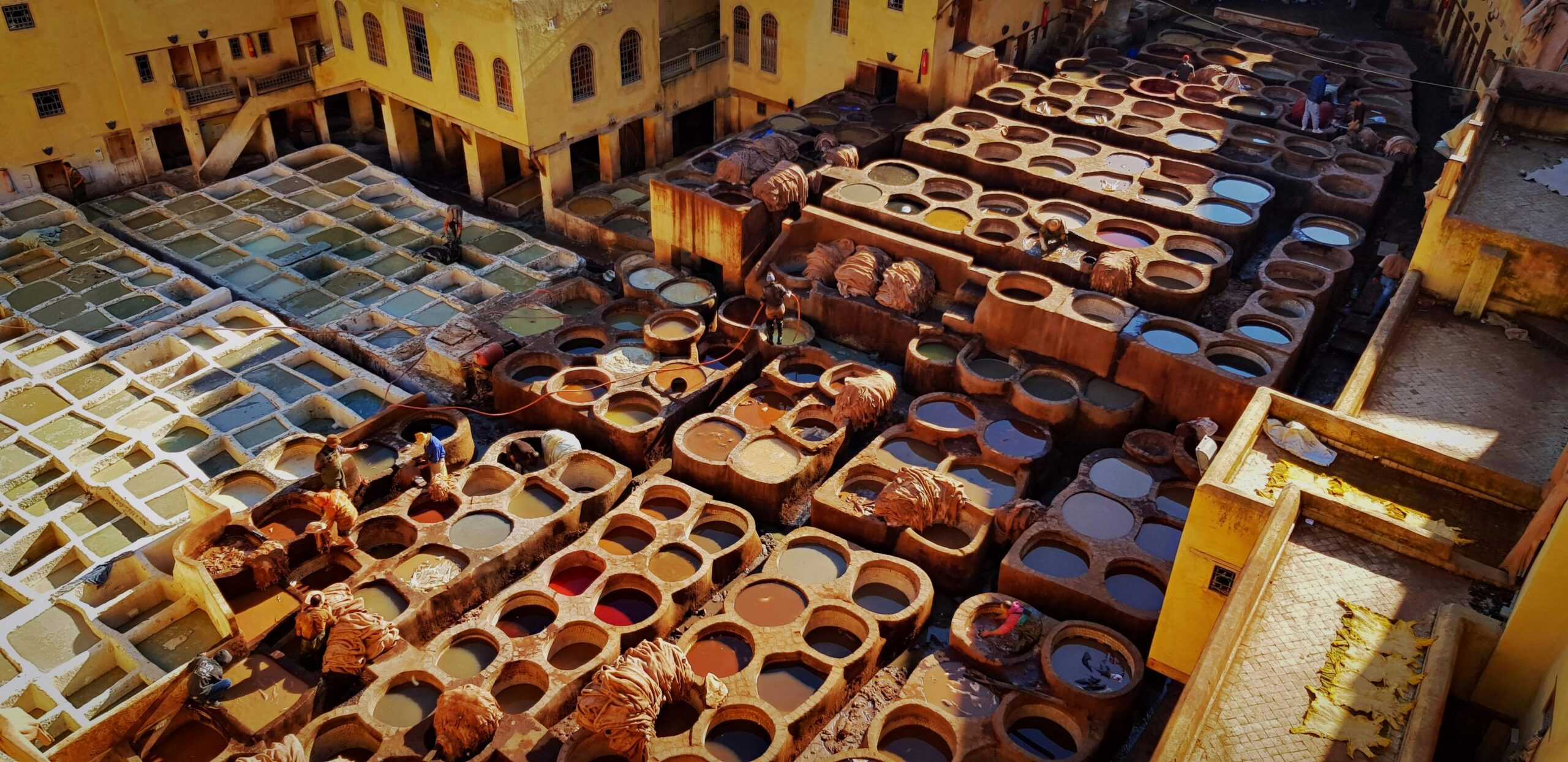
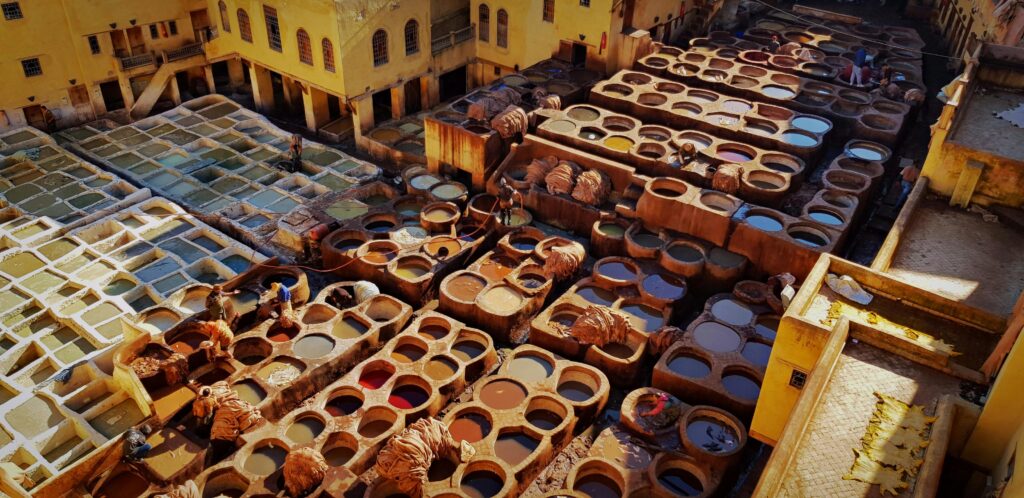
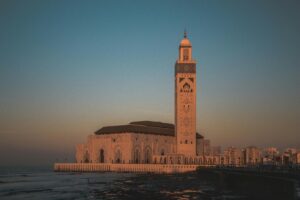
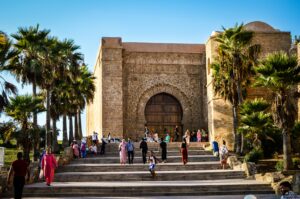
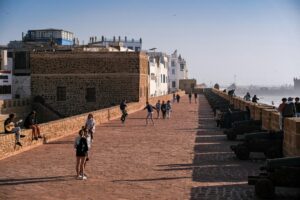
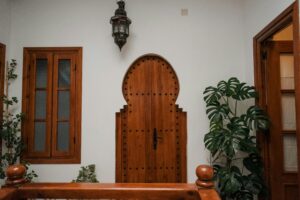
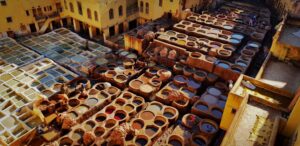
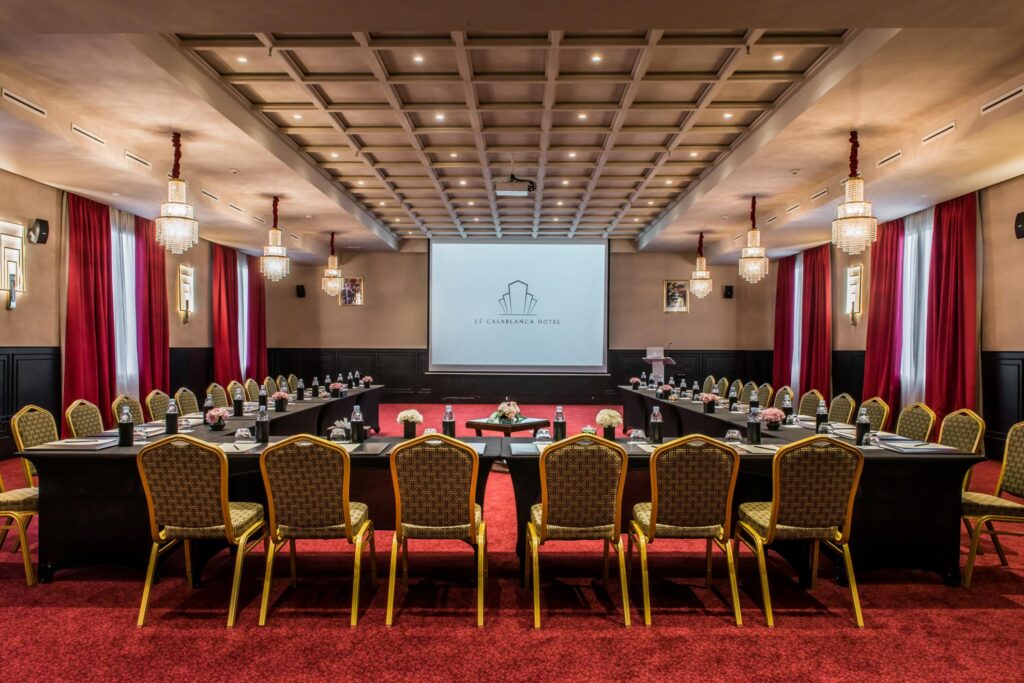


There are no reviews yet.